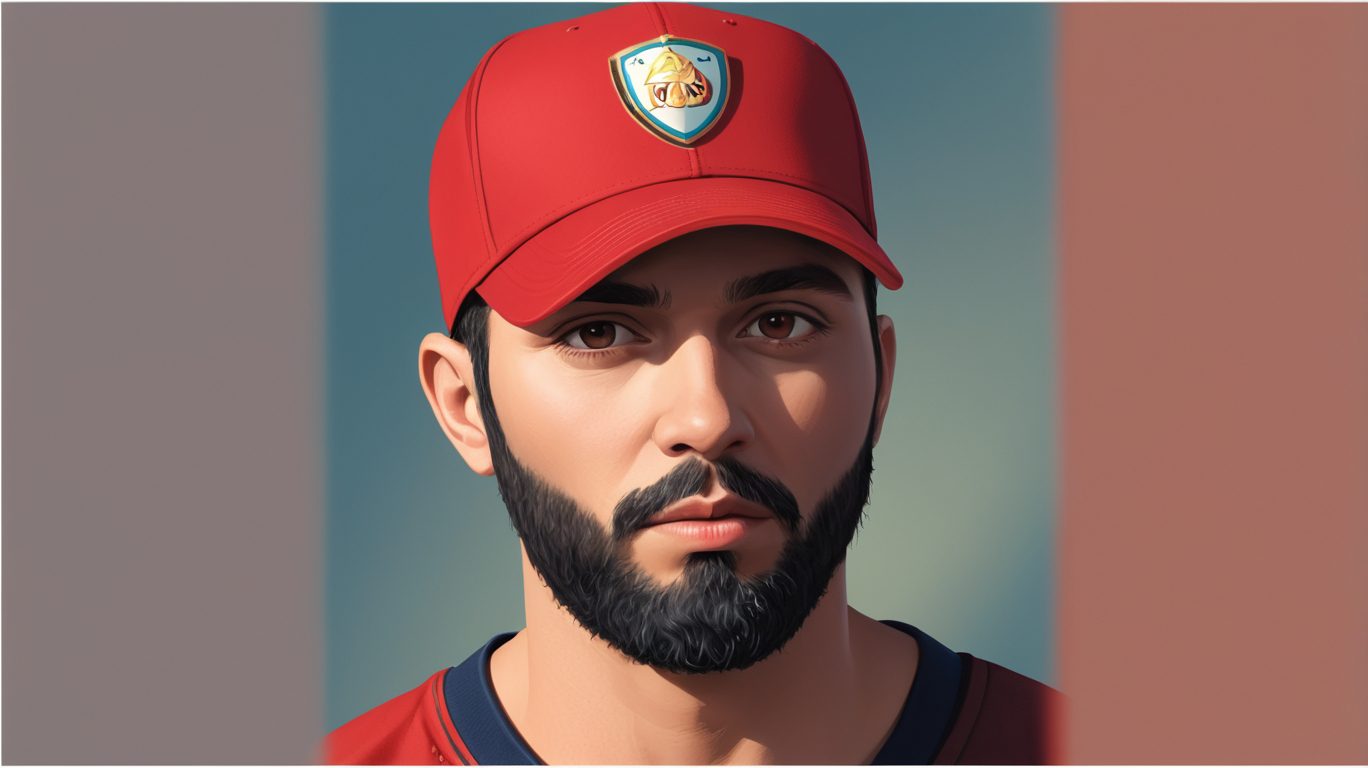Hamilton Faces Difficult First Year at Ferrari
In a surprising turn of events, Lewis Hamilton, a seven-time Formula 1 World Champion, has found himself without a podium finish for the first 14 races of the season—an unprecedented streak for the British superstar. Lewis H. struggles reached a boiling point at the Hungarian Grand Prix, where even the most optimistic fans would have described it as the worst showing of his career. During a press conference after the race, Lewis H. described himself as “useless,” the self-criticism scaffolded in a persona that many view as one of the most successful athletes in a generation. Such remarks raise eyebrows on how the relationship between Hamilton and Ferrari would play out moving forward. SportFlashHQ
Ferrari’s Offer—An Unwelcome Distraction
Hamilton’s debut season at Ferrari is far from ideal and the Hungarian Grand Prix fits neatly the narratives. Qualifying and finishing 12th is far from ideal to claim victory, let alone advance to finishing on the podium. However, Lewis H. historic record of 8 wins and 9 pole positions at the circuit showcase how successful he has been in the past. “I felt useless,” Hamilton stated in his post-race radio broadcasts. That comment was enough to spark both media and fan speculation. Unlike other drivers who may blame the car or team strategy, Hamilton directed the criticism squarely at himself, underscoring the self-imposed burden he places on his own performance.
A Lone Highlight in China
Amid the struggles, Lewis H. does have the Sprint race win in China. Claiming the Sprint pole and winning the short event demonstrated Lewis H. remarkable skill and fierce competitive spirit. The victory, though, remains an outlier rather than the expected outcome. Outside that time, Hamilton’s performances have shown increasing gaps towards his teammate Charles Leclerc, who has a 10-4 lead over Hamilton in qualifying with an 11-2 lead over him in race finishes with 5 podiums already this season.
Hamilton Offers Insight on His Radio Outburst
In an interview with Sky Sports F1, Hamilton explained further that his comments were aimed at himself, not the car. Hamilton, with his trademark humor, said that Ferrari would have to “change driver” if they wished to compete with Red Bull. Hamilton, while frustrated, indicated that he would still be willing to fight for another championship, and talked about his willingness to learn and evolve: “It’s been a challenging start, but I’m not giving up. Ferrari has incredible potential and I want to be a part of that journey.”
Teammate Comparison: Hamilton and Leclerc
The intra-team rivalry has emerged as one of the crucial themes at Ferrari this season. Lewis H. experience is in stark contrast to the familiarity Leclerc has with the team and the car. Leclerc, with his consistent pace and racecraft, alongside his understanding of Ferrari’s systems, has assumed the role of the benchmark. For Hamilton, the issue is adapting to the Ferrari way, including the team culture and car, which are in stark comparison to the Mercedes setup he mastered over a decade.
The Broader F1 Driver Market
Formula 1 is certainly a busy place and Lewis H. is stuck in the middle of it. There is the unresolved matter of George Russell’s contract with Mercedes. Meanwhile, the F2 has made big appeals, with names like Oscar Piastri gaining a great deal of attention. With major F1 franchises like Red Bull and Ferrari, and new entrants like Cadillac formulating competitive rosters, the market is heating up. Lewis H. name gives Ferrari brand value and marketing leverage, complicating decisions around his future.
Strategic and Technical Challenges
Ferrari’s problems center on technical and strategic issues. McLaren remains their benchmark as Ferrari works to finalize a car capable of defending against Red Bull and McLaren during qualifying and race pace. Ferrari still needs work on aerodynamics, tire management, and power unit performance to close the performance gap. The Hungarian Grand Prix illustrated these deficits clearly, as Hamilton’s skill could not overcome the car’s limitations.
Psychological Impact and Motivation
Even for a driver of Lewis H. caliber, a season with no podiums can take a toll on performance. The second half of the season will depend on Lewis H. ability to stay motivated, set actionable goals, and adapt to changing circumstances. His determination remains visible, with a focus on reclaiming top positions despite ongoing scrutiny.
What Is In Store For Hamilton
Looking ahead, Lewis H. faces one of the most challenging career stretches. The summer break provides an opportunity to analyze data and strategize with Ferrari engineers. Success in the second half will depend on his adaptability, racecraft, and mental strength as he competes with Leclerc, Red Bull drivers, McLaren, and rising stars like Oscar Piastri. Performance at driver-centric tracks versus aerodynamic-focused circuits will be key indicators of progress.
Lessons and Reflection
Lewis H. season highlights the difficulties of adapting to a new team, machine, and competitive environment. His candid self-reflection, humor, and professionalism indicate a commitment to improvement, while the season underscores the evolving F1 landscape, with emerging talent, technological advances, and dynamic team interactions reshaping competition.
Conclusion
Lewis Hamilton’s first season with Ferrari has been challenging, with a difficult start in Hungary, flashes of brilliance in China, and a series of obstacles. His adaptation, intra-team rivalry with Leclerc, and Ferrari’s technical limitations have tested his resilience. Hamilton’s focus will need to be on overcoming these challenges while mentoring himself through the evolving competitive environment. His narrative this year revolves around adaptability, perseverance, and the pursuit of mastery, as fans and analysts watch closely to see if the seven-time world champion can reclaim his place at the top of Formula 1.

